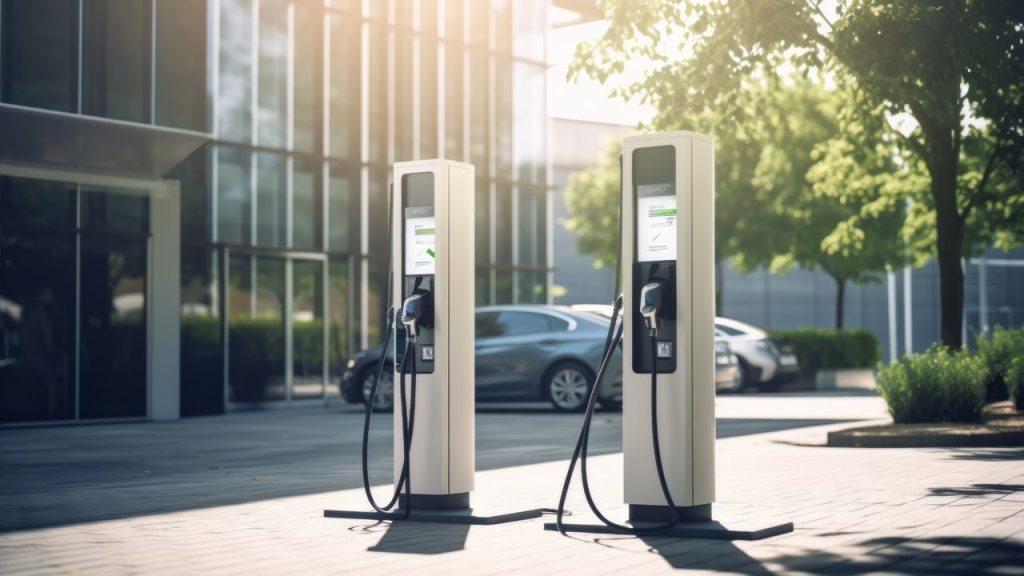Understanding EV Charging Station Billing and Payments
Welcome to the future of electric vehicle (EV) charging! As more and more people are switching to electric vehicles, the need for efficient billing and payment systems at charging stations is becoming increasingly important. In this article, we will delve into the world of EV charging station billing and payments, exploring topics such as charging station billing analytics, charging station billing regulations, and charging station payment notifications.
Charging Station Billing Analytics
Charging station billing analytics play a crucial role in optimizing the charging infrastructure for electric vehicles. By analyzing data related to charging sessions, operators can gain valuable insights into usage patterns, peak charging times, and revenue generation. This information can help improve the overall efficiency of charging stations and better cater to the needs of EV drivers.
With the help of advanced analytics tools, charging station operators can track key metrics such as energy consumption, charging duration, and pricing models. These insights can be used to adjust pricing strategies, optimize charging station placement, and enhance the overall user experience.
Charging Station Billing Regulations
When it comes to EV charging station billing, regulations play a crucial role in ensuring fair and transparent practices. Different regions may have specific regulations governing how charging stations can bill customers for their services. It is essential for charging station operators to stay compliant with these regulations to avoid any legal issues.
Regulations may cover aspects such as pricing transparency, billing accuracy, and consumer protection. By adhering to these regulations, charging station operators can build trust with customers and create a positive reputation in the market.
Charging Station Payment Notifications
One of the key aspects of EV charging station payments is providing customers with timely and accurate payment notifications. This includes notifying customers about the cost of their charging session, payment methods accepted, and any additional fees that may apply. Clear and transparent payment notifications can help customers make informed decisions and avoid any surprises when it comes time to pay.
Payment notifications can be sent through various channels, such as mobile apps, email, or SMS. By offering multiple communication channels, charging station operators can ensure that customers receive payment notifications in a timely manner and have a seamless payment experience.
Conclusion
In conclusion, EV charging station billing and payments are critical components of the electric vehicle ecosystem. By leveraging charging station billing analytics, adhering to charging station billing regulations, and providing clear payment notifications, charging station operators can create a seamless and user-friendly experience for EV drivers. As the EV market continues to grow, the importance of efficient billing and payment systems at charging stations will only increase.


